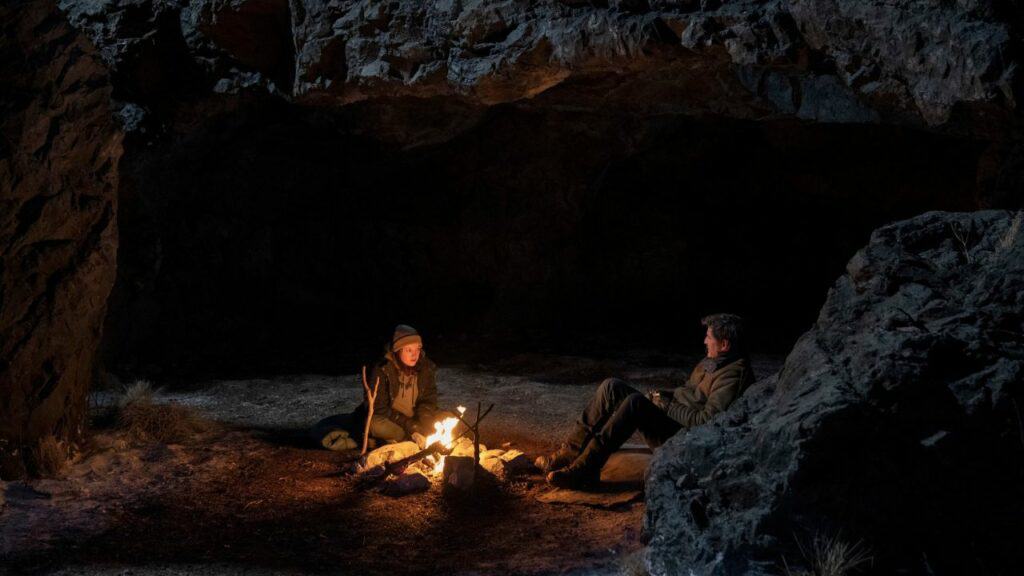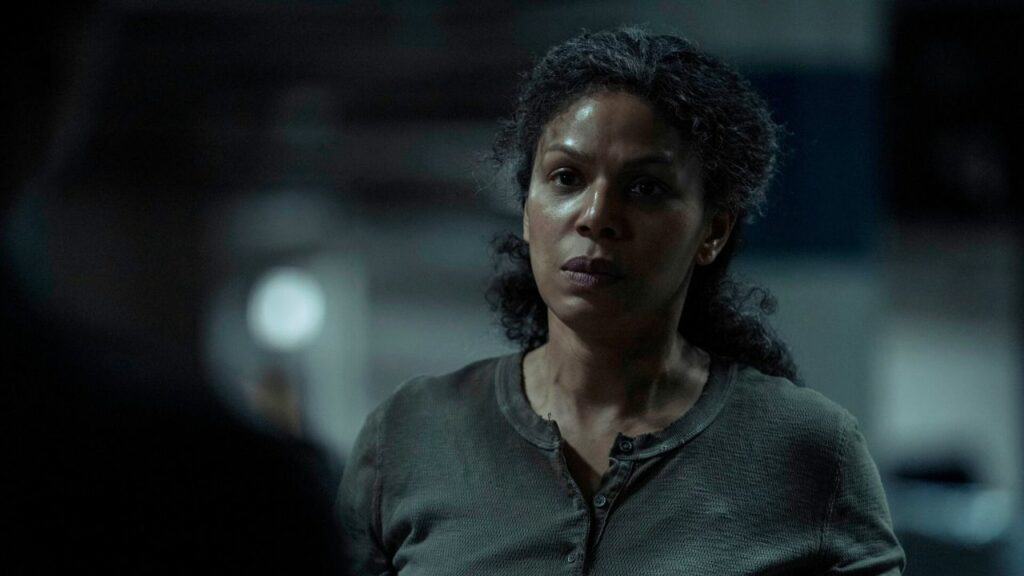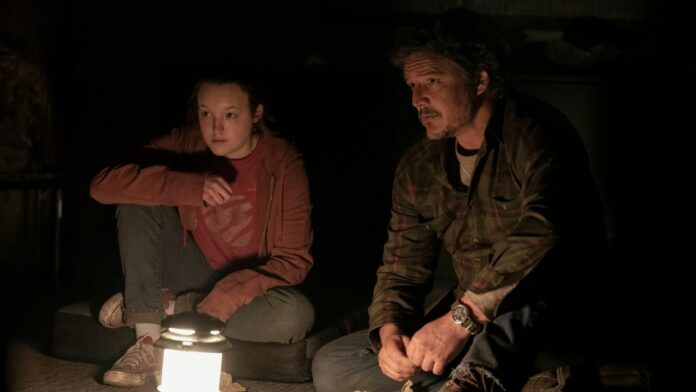HBO’s The Last of Us transcends typical genre conventions of the post-apocalyptic world, weaving a tale about the human spirit’s endurance and survival in a catastrophic world.
HBO’s The Last of Us is a standout entry in the post-apocalyptic genre. This genre, characterized by stories of survival in worlds devastated by catastrophic events, has long fascinated audiences.
In this article, we delve deeper into how The Last of Us compares and contrasts with other iconic post-apocalyptic narratives.
Dystopian worlds: The setting and its significance
In The Last of Us, the world is transformed by a fungal pandemic, which leads to societal collapse and the rise of the infected.
This setting shares similarities with AMC’s The Walking Dead, where a zombie apocalypse leads to a similar breakdown of society. Both narratives are set in worlds where the remnants of humanity struggle for survival amidst the ruins.
However, The Last of Us diverges in its unique focus on the Cordyceps fungus, which adds a layer of biological terror and a sense of realism to the apocalyptic scenario.
This aspect sets it apart from the more fantastical elements seen in traditional zombie narratives.
Depth of character: Exploring human emotions
The core of The Last of Us lies in its character development, especially in the dynamic between Joel and Ellie. This focus on deep, personal relationships is a hallmark of the genre, as seen in Netflix’s Bird Box.
Both narratives explore how individuals are psychologically affected by the end of the world, dealing with themes of trauma, loss, and the enduring human spirit.

However, The Last of Us further delves into the complexities of a surrogate father-daughter relationship, adding another dimension to the concept of survival.
It’s not just about staying alive but also about the emotional and moral choices that come with forming deep bonds in a broken world.
Resilience and survival: A core theme
The theme of resilience is omnipresent in post-apocalyptic stories. In The Last of Us, survival transcends physical endurance to include emotional and moral perseverance.
This theme resonates with the narrative of Mad Max: Fury Road, where characters fight against oppression in a dystopian landscape.
While Mad Max emphasizes action and the battle against tyrannical forces, The Last of Us presents a more nuanced exploration of survival.
It examines how preserving one’s humanity and ethical values is as crucial as surviving the physical threats of the post-apocalyptic world.
The human condition: Antagonists with complexity
In The Last of Us, antagonists often mirror the complexities of human nature.
Unlike narratives where monsters or external threats are the primary antagonists, The Last of Us, much like The Road (2009), portrays other humans as the more significant threats.

These characters and groups represent the moral degradation and desperation that can arise in extreme circumstances.
The series excels in portraying these antagonists with depth and moral ambiguity, challenging the viewer’s perception of right and wrong in a world devoid of law and order.
Conclusion: A unique post-apocalyptic vision
The Last of Us distinguishes itself in the post-apocalyptic genre through its intense focus on character relationships, its realistic portrayal of a pandemic-ravaged world, and its exploration of complex human emotions and moral dilemmas.
While it shares thematic elements with other works in the genre, it offers a fresh perspective on the human experience in the face of societal collapse.
This series not only contributes to the genre but also redefines it, presenting a profound and emotionally resonant narrative set against the backdrop of a hauntingly plausible apocalypse.
Also Read: The moral complexity of Joel’s decisions in The Last of Us

